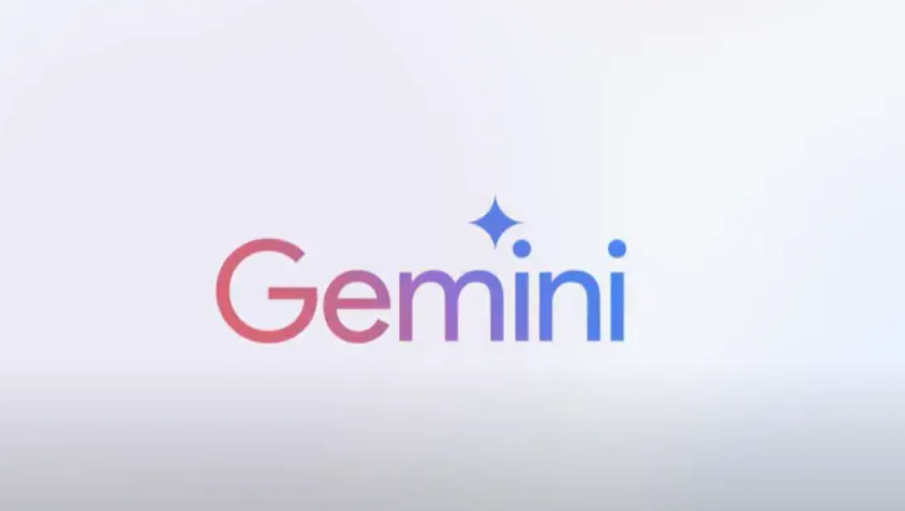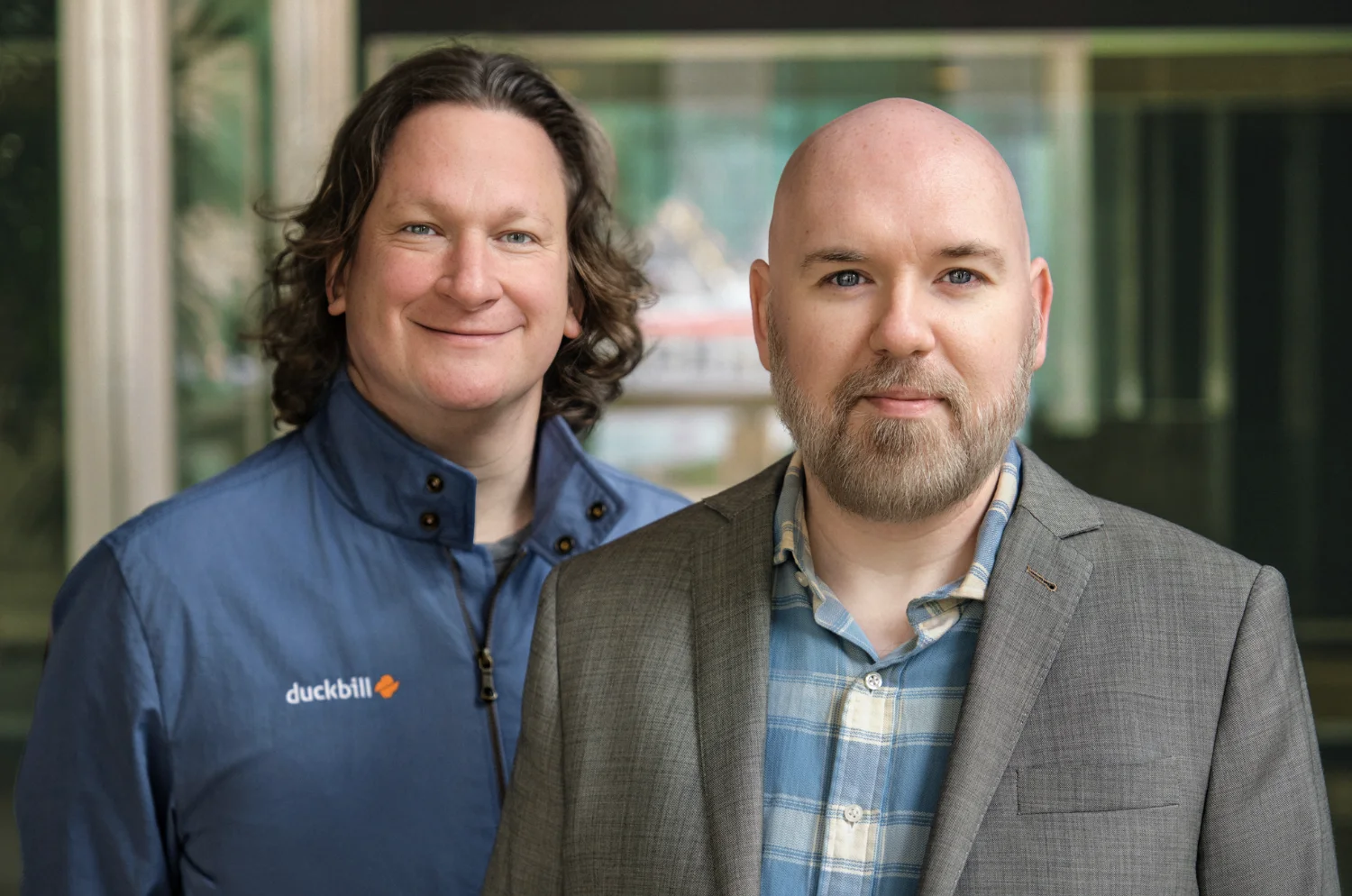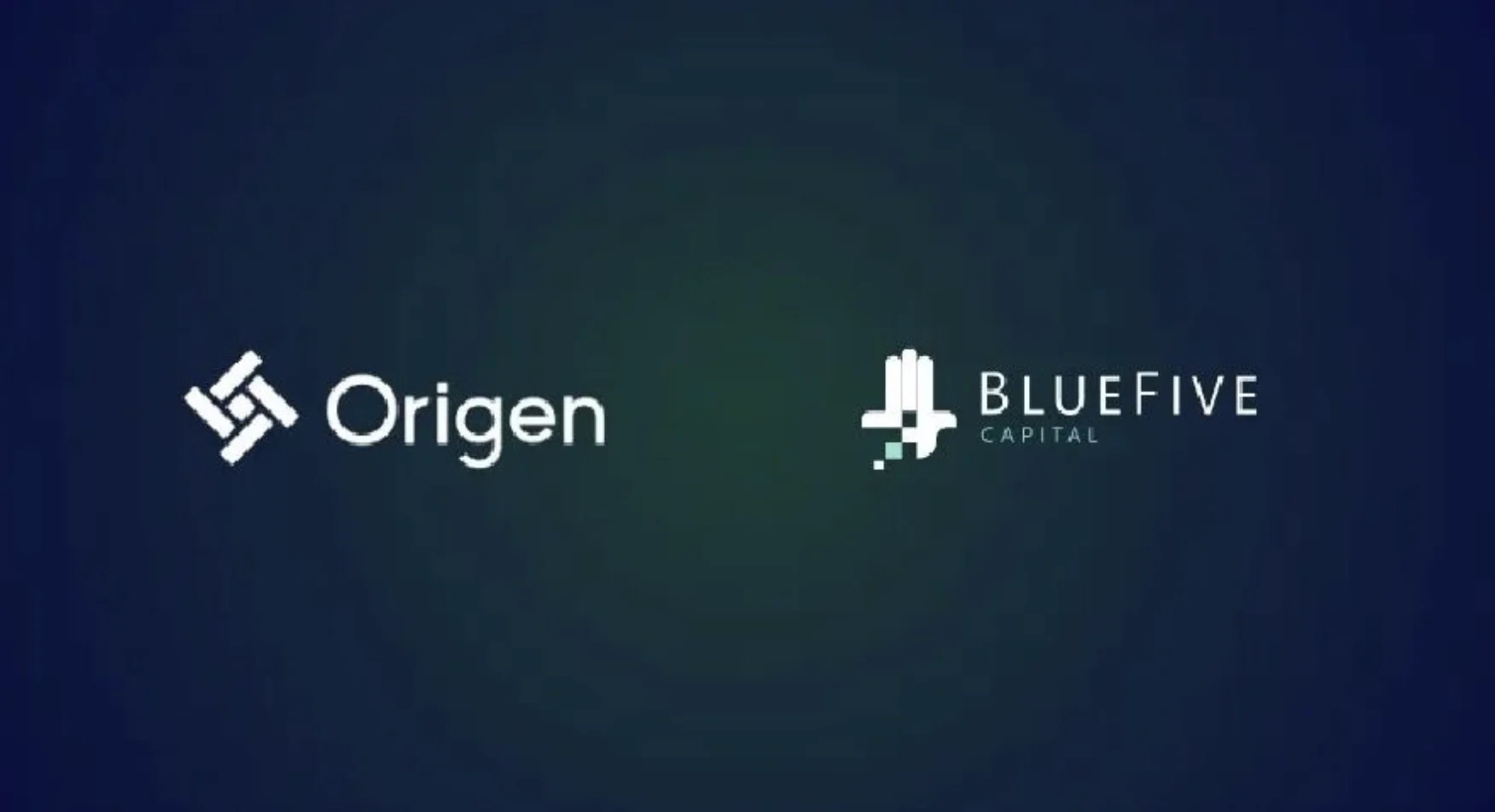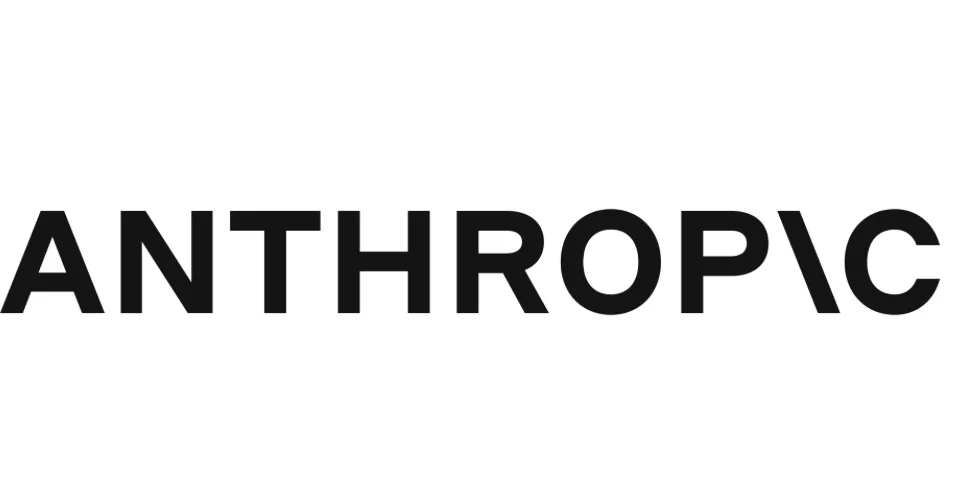In an era where artificial intelligence (AI) is not just reshaping industries but also mirroring societal values, the dialogue between AI luminaries and influencers like Lex Fridman gains paramount importance. Fridman’s podcast, a nexus for profound discussions on AI’s trajectory, recently featured Yann LeCun, a seminal figure in AI development. Their conversation ventured into the contentious issue of “woke AI,” particularly focusing on Google’s Gemini 1.5 and its implications for AI’s societal role.
LeCun, addressing the uproar around Gemini’s perceived overcorrection in political correctness — such as generating images of a Black George Washington — highlighted a broader concern: the challenge of bias in AI.
“People can complain that AI systems are biased by the distribution of the training data,” began LeCun, suggesting that societal prejudices inevitably seep into AI models. This reflection on bias underscores a pivotal tension in AI development: the balance between mirroring reality and aspiring toward an equitable digital ethos.
Central to LeCun’s critique is the concept of open-source AI as a panacea for the issues plaguing proprietary AI systems. “Open source is the answer,” he asserts, championing the democratization of AI development. By likening the need for diverse AI perspectives to the foundational principles of liberal democracy and free press, LeCun envisions a future where AI’s influence is as variegated as the society it serves.
“We cannot afford those systems to come from a handful of companies on the west coast of the US,” he argued, advocating for a multitude of voices in shaping AI’s evolution.
LeCun’s commentary extends beyond the philosophical to the practical, highlighting the indispensability of open-source models for fostering a broad spectrum of AI applications, from language diversity to industry-specific solutions. His dialogue with Fridman reveals a belief in the inevitability of open-source foundations for AI, where companies like Meta and Google lay the groundwork for a plethora of specialized applications.
In a world increasingly mediated by AI, from digital assistants to search engines, LeCun’s insights offer a roadmap for ensuring that this future enhances rather than restricts human diversity and freedom. His discussion with Fridman serves as a clarion call for an AI development ethos that is as concerned with ethical and cultural inclusivity as it is with technological advancement. Through open-source platforms, LeCun sees the potential for AI to truly become a tool of the people, by the people, for the people, reflecting a rich tapestry of human values and perspectives.






